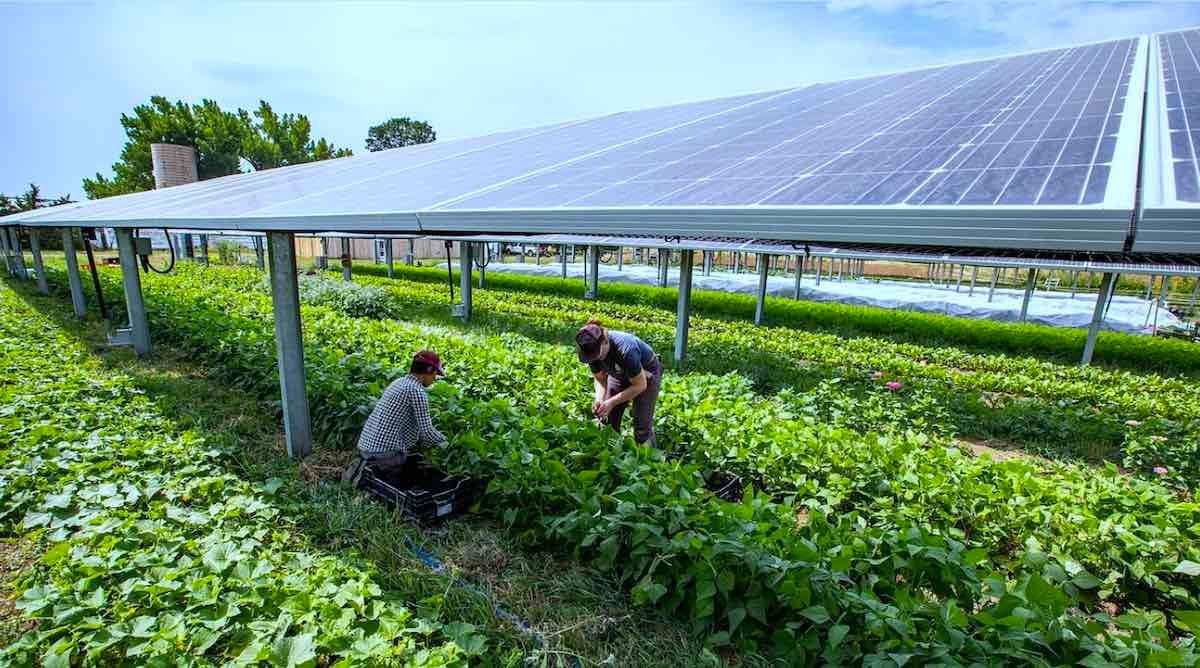Puerto Rico coronavirus statistics for April 12
According to the Puerto Rico Health Department, 218,617 people are believed to have been infected with COVID-19, an increase of 8,973 since April 5. This points to a dramatic increase in the rate of new cases, as the increase between March 29 (when the total was 203,603) and April 5 was 6,041. The death toll is currently 2,155, with 24 deaths registered in the last week.
Beginning on November 7, the Health Department changed the way it recorded cases, splitting them between confirmed cases (as determined by molecular diagnostic testing), probable cases (as determined by antigen testing) and suspicious cases (as determined by serological, non-diagnostic testing). Viewed through that prism, Puerto Rico has had 103,188 confirmed cases, 12,111 probable cases, and 103,318 suspicious cases since the virus arrived on the Island.
Puerto Rico’s Health Secretary Carlos Mellado López, has shared that 1.5 million doses of the vaccine have been distributed so far; 42% of the population has obtained their first dose, while 17% has received their second dose. Even as more people become vaccinated, however, attempts to return to a sense of normalcy, such as efforts to open up schools for in-person classes, have been partly reversed. Additionally, four different strains of COVID have been reported in Puerto Rico, including the more contagious ones. Infections even appear to be spreading to a substantial number of partially-vaccinated people, although more thorough investigations of these occurrences are pending.
Puerto Rico’s status bills to be discussed at congressional hearing this week
Two bills laying out two vastly different paths forward for Puerto Rico’s relationship with the United States, Darren Soto (D-FL) and Jenniffer González’s statehood-focused Puerto Rico Statehood Admission Act (H.R. 1522) and Nydia Velázquez (D-NY) and Alexandria Ocasio-Cortez (D-NY)’s more open-ended Puerto Rico Self-Determination Act of 2021 (H.R. 2070), will be the subject of a hearing of the House Natural Resources Committee this Wednesday.
Witnesses speaking on H.R. 1522 will include Governor Pedro Pierluisi and the vice-president of the Puerto Rico Democratic Party, Johanne Vélez-García. A more ideologically diverse group of witnesses will speak on H.R. 2070, and include the current Speaker of the Puerto Rico House of Representatives, Rafael “Tatito” Hernández Montañez (PDP); María de Lourdes Santiago, vice-president of the Puerto Rican Independent Party; former governor Aníbal Acevedo Vilá (PDP); and former representative Manuel Natal, currently of the Citizen’s Victory Movement party.
Despite significant support from lawmakers, both bills face an uphill battle, having to overcome not only divisions within the Democratic Party but also Republican opposition. Even if either bill passed the House, it would still have to contend with the Senate, where Republicans are still able to block most measures.
Not playing a role at the hearing is Gretchen Sierra Zorita, whom the Biden Administration appointed on Sunday as the Office of Intergovernmental Affairs’ first deputy director for Puerto Rico and the territories. She will serve as a liaison between the federal government and Puerto Rican public and private groups.
Biden budget request to increase Puerto Rico education funding
President Joe Biden’s $1.5 trillion discretionary funding request—his first—would double the funding for Title I program in education, which serves as a chief resource for schools in Puerto Rico and assigns nearly $380 million to the Puerto Rico Department of Education.
The Title I program assigns funds to schools with low-income students, which includes most public schools in Puerto Rico. Biden’s proposal would increase total funding by $20 billion, the greatest increase the program has received. The request also calls for a $400 annual increase in Pell Grants which are currently capped at $6,345 and are relied upon by many Puerto Rican college students. It would be the largest annual increase in the past 12 years.
Further details regarding these proposals are expected in Biden’s full request, which will be submitted later in the spring. This more substantial document is also expected to include measures allowing Puerto Rico to reach parity when it comes to federal programs such as Medicaid, nutritional assistance, and Supplemental Security Income (SSI).
FOMB warns modifying Luma contract would violate U.S. Constitution
The executive director for the Financial Oversight and Management Board (FOMB), Natalie Jaresko, warned legislative and executive officials last week that bills related to the future of the Puerto Rico Electric Power Authority (PREPA) and its agreement with Luma Energy would violate PROMESA and the U.S. Constitution’s Contract Clause, which states that no state or territory may unilaterally amend contracts, as the bills attempt to accomplish.
Lawmakers in Puerto Rico have been trying to amend the contract allowing Luma Energy to manage Puerto Rico’s power transmission and distribution. One of the bills, RCC 88, would change the effective date of the contract from June 1, 2021 to January 2022. Another, PS 213, would require PREPA to obtain legislative approval before taking certain actions.
Share
STAY IN THE LOOP
Subscribe to our free newsletter.
La organización BoricuaActivatEd celebró su séptimo aniversario con reconocimientos al líder de la red evangélica Esperanza y de la comunidad boricua de Filadelfia, Luis Cortés, y el legendario artista Antonio Martorell. Cortés, premiado por su
tudy: Economy leading factor for Puerto Ricans moving to Florida A new survey unveiled Monday in Washington, D.C. sheds new light on factors contributing to Puerto Ricans moving to the state of Florida. The Puerto
New federal funds for solar, battery storage announced The Department of Energy (DOE) on Thursday announced a conditional commitment to finance new solar and battery storage facilities on the southern coast of Puerto Rico. The investment




